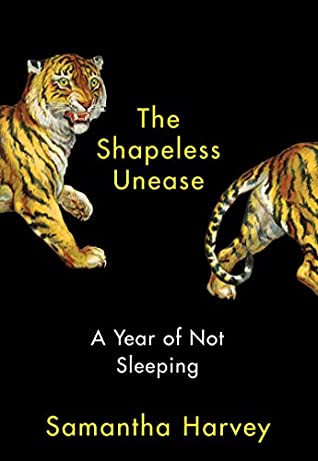
How much sleep do you need? Do you instinctively know when you wake whether you have had a restful night? Perhaps you Fitbit reveals your patterns of sleep ( REM, Light, Deep) ? And for those who us who wake in the middle of the night – what races through our minds? Do we turn over in bed and hope for a return to our dreams or make tea or read one more chapter?
Sleep — or the lack of it — has absorbed the writer for centuries. Shakespeare tells us of that guilt-ridden “Macbeth does murder sleep”. Others have examined sleep deprivation as a form of creativity and resistance. The self improvement books deepen our angst by outlining the dangers of being deprived of this necessity ! To sleep is to be alive? Our bodies and minds need it. We know when we haven’t had enough…
Faced with Covid !9, lockdown, enforced routine and the very serious and real threat of contagion perhaps we all are a bit more restless. The days become indistinct and perhaps we hope that it has just been a bad dream – a Netflix movie that I had got lost in?
Samantha Harvey has produced a short and intense memoir about her own year-long experience of sleep unrest. It came upon her unawares. She moved house that on a main road. She was angry at the result of the European referendum. All manner of cures were tried, drugs, remedies, a sleep clinic, jigsaw puzzles, and watching back to back episodes of Poldark and the Crown. Nothing Worked.
The grey morass of a morning after a night of no sleep whatsoever is something that is familiar to many — new parents, carers, and those suffering periods of stress or sorrow. Interrupted sleep is pretty much the norm for our high-velocity 21st-century life.
My mistake was to pick this book up imagining that it might provide a solution to the restless bed. Not so ! Its a tale told in fragments, a memoir that reminds us all of out temporal nature – our complex relationship to time !
The pages move in and out of the first and third person using clever and arresting metaphors that unite this reader with a shared characteristic of being human – that of learned helplessness.
There’s no recognised cure for insomnia. This book certainly won’t help you sleep but it will enlarge your understanding of the glorious mess that makes up quite a lot of our human boundedness. Its all here – memories of childhood, the text of a short story she is working on, her fear of the menopause, her regrets about childlessness, her joy in wild swimming and again her anger about Brexit, factory farming, death and the way people speed through her village.
Not ideal comfort reading nor a solution to the Fit Bit reminding you that your sleep was only ‘fair’ – but real, human, beautifully articulated and deliciously unsorted. A lovely, unsettling and enriching book.